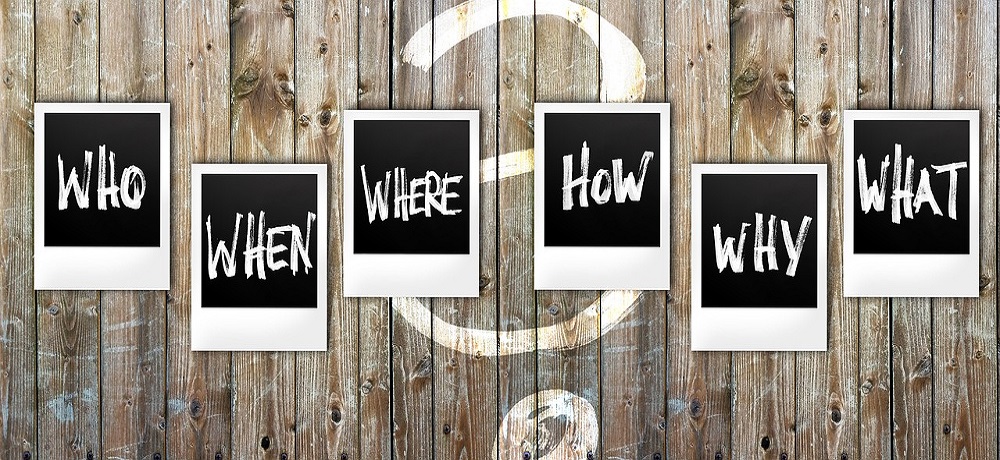In this guest post, Rebecca Jones, joint School Representative of the CILIP Information Literacy Group, blogs about teaching information literacy and how it relates to fake news
As a School Librarian, one way that I have been able to enable pupils to think for themselves about the information they come into contact with is through providing Information Literacy skills sessions. These are lead by me, in conjunction with their teacher, and we start from Year 3. This means that together the pupils and I, as an Information Expert, can start to explore the concept of facts and where they come from. This involves teaching thinking skills as well as exploring information and research skills. In Years 5 and 6, we are able to spend some time thinking about the news; where it comes from and how it is constructed. This year we have used a story that appeared in First News about the drop in the number of birds in the UK. This has lead to the pupils finding the original information from the RSPB about their survey. We then undertook some critical literacy to identify whose voice and opinion was missing . This led to further research and a discussion about farming and food production and trade after Brexit. At the end of the unit, the pupils wrote their own new story. This put the pupils in a position of news creators and as such they have started to form an understanding of why stories are written and that the author can use information to lead the reader.
This input from myself as the Librarian, helps to build up pupil’s life-skills and attitudes in relation to information and research. This coming year, we will be considering Fake News but from an Information Literacy standpoint. This means that our focus will be on identifying opinions, tracking down facts and looking for alternatives. Last year, this was focused on the concept of cryptocurrency and Bitcoin, once again focusing around an article in First News.
Information Literacy skills and a questioning mindset are powerful tools with which we, as librarians, can equip our pupils. As a professional librarian my aim is to provide pupils with the opportunity to ask questions of the ideas they encounter and to seek a range of information. It also involves working with teaching staff to deliver these lessons collaboratively and thereby supporting and developing their skills and understanding of Information Literacy as a combination of techniques as well as mindset. Models, such as the Stripling Model of Inquiry (2003) and the skills detailed within the New York State Information Fluency Continuum (NYSED, 2014) are key as they provide a framework within which Librarians can teach and share these skills.
Spotting Fake News or stories that turn out to be hoaxes, is a problem that will continue for everyone. As educators, School Librarians are in the ideal position to take on the challenge of supporting and guiding pupils to become discerning information users. In this way we can create skilled users, creators and consumers of information, but it means constantly persuading and demonstrating to the education community that these are vital competencies for today’s citizens.
References
NYSED (2014) Empire State Information Fluency Continuum. Available at: https://www.engageny.org/resource/empire-state-information-fluency-continuum
Stripling, Barbara K. “Inquiry-based Learning.” In Curriculum Connections through the Library, edited by Barbara K. Stripling and Sandra Hughes-Hassell, 3-39. Libraries Unlimited, 2003.

